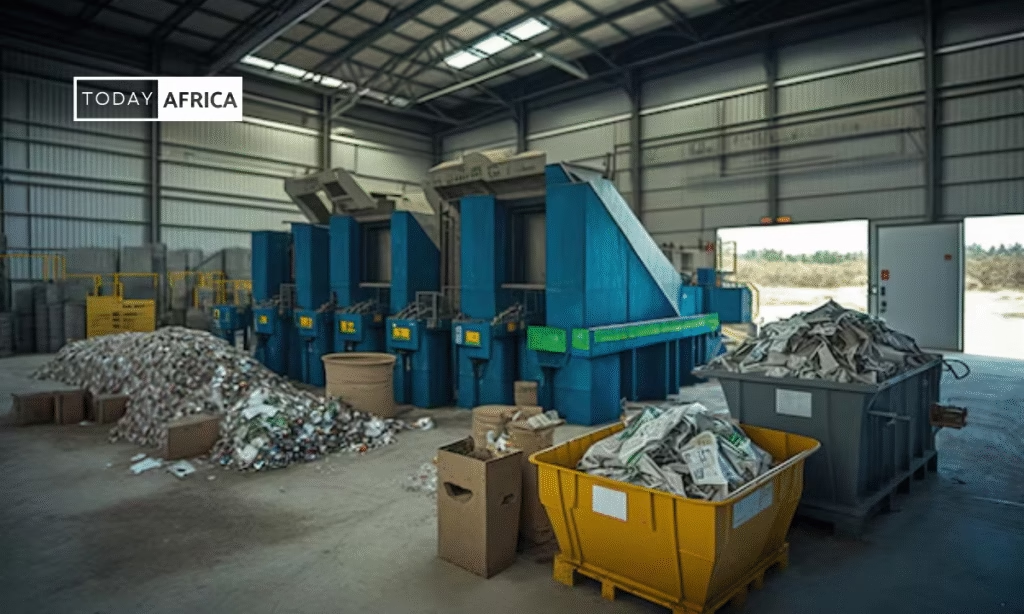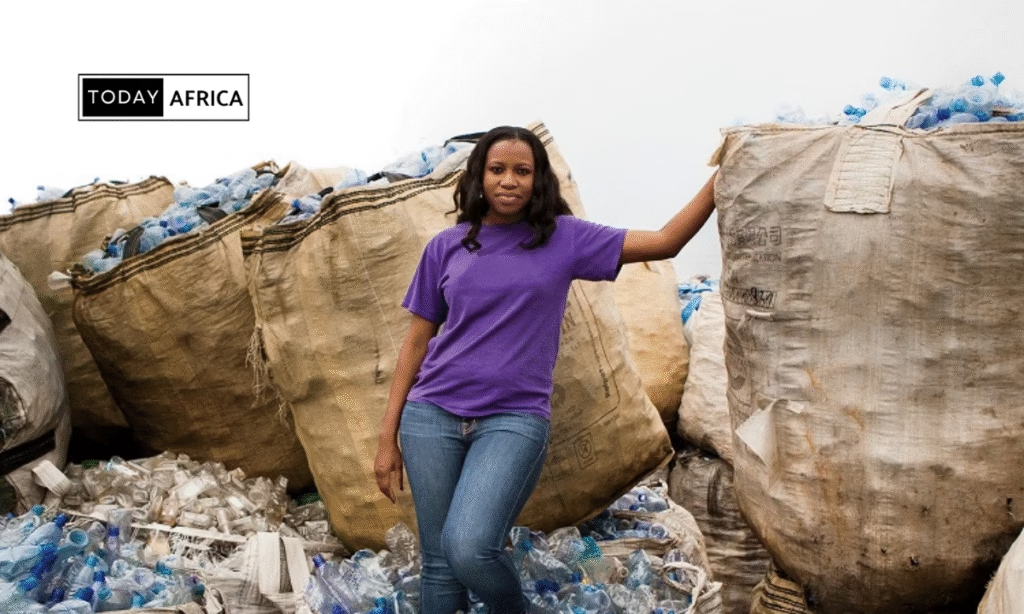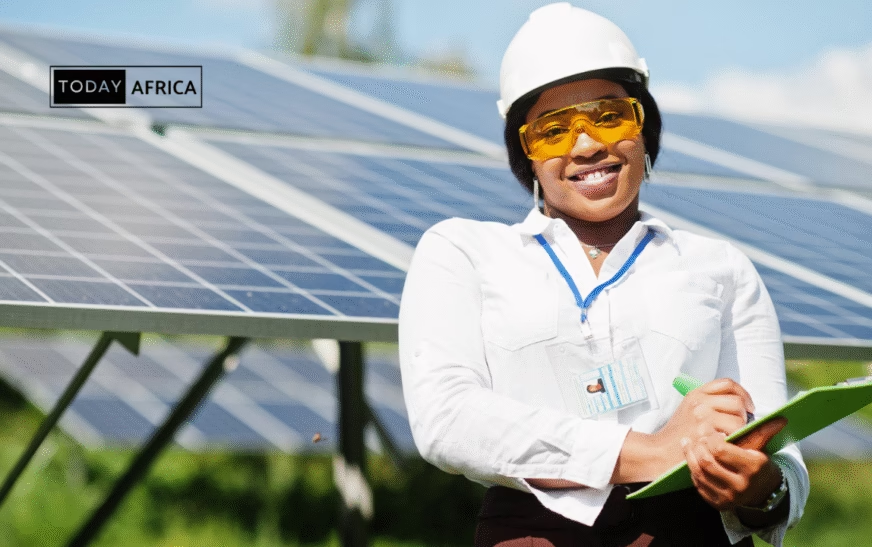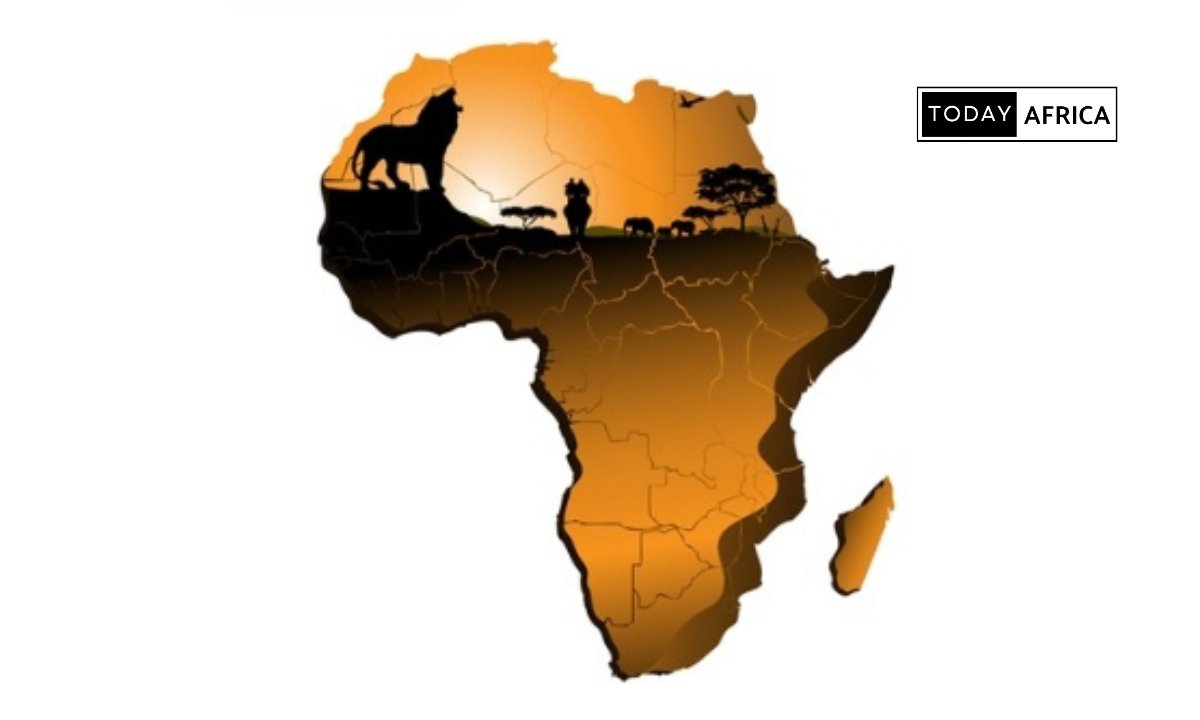Across African cities right now, you’ll find young companies tackling two of the continent’s biggest headaches: energy and waste.
These may sound like isolated efforts. But together, they point to something bigger, a fast-emerging cleantech movement led by African startups tackling energy and waste with creativity and urgency.
And it’s no small thing. Energy shortages still hold back industries and households in dozens of countries.
Uncollected waste piles up in urban centers, threatening both health and the environment. But these problems are also opportunities, multi-billion-dollar markets hiding in plain sight.
This article takes you inside that growing ecosystem, who is building what, how investment is shifting, what’s working, and what challenges remain.
The urgency: energy gaps and waste mountains
To understand why this matters, you have to start with the scale of the problem.
Africa is home to about 600 million people without reliable access to electricity, roughly half the population. Even in cities with grid connection, outages are frequent.
Nigeria, for instance, generates about 4,000 – 5,000 megawatts of power for over 200 million people. South Africa, with a fraction of that population, generates over 40,000 MW (though load-shedding still cripples businesses).
Meanwhile, waste is spiraling. Rapid urbanization, population growth, and changing consumption habits have turned many African cities into waste hotspots.
The World Bank estimate suggests Africa generates around 125 million tons of solid waste annually, and that figure could double by 2030. Only a small fraction, less than 10% in most countries is formally recycled.
So what happens to the rest? It clogs drainage systems, burns in open dumps, or ends up in rivers and oceans. For many local governments, waste management is one of the largest budget drains.
For entrepreneurs, it’s a raw material waiting to be turned into value.
At the intersection of these two challenges, energy and waste, lies the new African cleantech frontier.
The rise of African cleantech startups
The shift toward climate-driven innovation isn’t entirely new, but it’s accelerating. Just a decade ago, Africa’s startup scene was dominated by fintech.
Then logistics and healthtech followed. Now, cleantech, once dismissed as too capital-intensive, is having its moment.
According to data from The Big Deal, African climate and cleantech startups raised roughly $1.1 billion in 2023, about a third of all venture capital that year.
In early 2025, that momentum held: $164.5 million was raised in Q1 alone, accounting for 35 percent of disclosed funding across sectors.
Investors are noticing that climate problems are also infrastructure problems, and that infrastructure problems create sticky, high-impact business opportunities.
The sectors attracting the most attention include:
- Renewable energy (solar mini-grids, off-grid power, battery storage)
- Waste-to-value innovations (recycling, upcycling, biogas, composting)
- Circular economy platforms (connecting waste producers and recyclers)
- Sustainable materials (plastic-to-bricks, biodegradable packaging)
- Battery reuse and e-mobility
Let’s explore some of the African startups tackling energy and waste.
1. KOKO Networks
In Nairobi, KOKO Networks has reworked how city dwellers cook. Instead of using charcoal or kerosene, both highly polluting and expensive, KOKO developed an ethanol-based cooking system.
Here’s how it works, customers buy small KOKO stoves and refill canisters at vending machines across the city, powered by a network of micro-fuel stations.
The ethanol is made from sugarcane waste, turning what used to be agricultural residue into clean fuel.
The result? Over one million Kenyan households now use KOKO’s system. Each stove reduces carbon emissions and deforestation associated with charcoal use.
More importantly, it shows how circular thinking, waste from one industry fueling another, can scale commercially.

2. Kubik
In Addis Ababa, Kubik is tackling two problems at once: plastic pollution and expensive construction materials.
The company collects hard-to-recycle plastics, melts and molds them into durable interlocking bricks and tiles. Their process cuts CO₂ emissions by up to 80 percent compared to cement production.
Kubik recently raised over $3 million in seed funding and is setting up its first large-scale factory. Ethiopia produces roughly 200,000 tons of plastic waste every year, most of which ends up in landfills.
If even a fraction of that becomes building material, the impact could reshape the local construction economy
3. Hinckley Recycling
Nigeria’s rapid adoption of solar home systems and telecom infrastructure has created a new form of waste, dead batteries.
Hinckley Recycling, based in Lagos, runs one of Africa’s few certified e-waste and battery recycling facilities. They extract valuable metals like lithium, cobalt, and nickel, which are then sold back into manufacturing supply chains.
Beyond the environmental win, Hinckley’s model highlights a hidden opportunity, resource recovery. As electric mobility and renewable energy grow, so will the need to safely process old batteries.
4. Wecyclers
Still in Nigeria, Wecyclers has built a tech-enabled collection system for urban recycling. Households earn redeemable points for giving sorted recyclables, plastic, metal, and paper to collectors who use cargo bikes or trucks.
It’s not just recycling; it’s behavioral change. Wecyclers combines digital tools, community incentives, and public-private partnerships (with Lagos Waste Management Authority) to formalize waste collection in low-income neighborhoods.
That last part is crucial because Africa’s waste economy is still largely informal.
Thousands of waste pickers survive by scavenging and reselling recyclables. Startups like Wecyclers show how formalization can improve livelihoods while building cleaner cities.
5. Nuru
On the energy side, Nuru, a Congolese startup, is building mini-grids that power entire towns. In 2024, it raised $40 million to expand across the Democratic Republic of Congo, one of Africa’s least electrified nations.
Its approach blends technology and social impact: modular solar plants with battery storage, serving businesses, schools, and homes. Mini-grids like these often cost less than extending unreliable national grids into remote areas.
For context, Sub-Saharan Africa’s off-grid solar market could be worth $10 billion annually by 2030, according to IFC projections. Startups like Nuru, Husk Power, and PowerGen are racing to capture that potential.
Read Also: Fintech 3.0 in Africa: What Comes After Payments?
What’s driving this surge of innovation?
A few underlying forces explain why African startups tackling energy and waste are thriving now in ways they couldn’t before.
1. Cheaper and better technology
Solar panels, batteries, and sensors have become dramatically cheaper. The average cost of solar PV modules has dropped by more than 80% over the last decade. That makes small-scale systems viable in places where they once weren’t.
2. Mobile money and digital tools
Fintech paved the way. With mobile payments widespread, startups can offer “pay-as-you-go” models for energy or recycling, and customers pay small amounts over time. M-KOPA, for instance, built its solar business on that logic.
3. A generation of mission-driven founders
Many of today’s cleantech founders aren’t outsiders parachuting in; they’re locals who grew up seeing blackouts and waste heaps firsthand. Their solutions reflect lived realities, not imported templates.
4. Investor and policy alignment
Global climate funds, development finance institutions, and African VCs are aligning around climate impact. Governments, though unevenly, are also beginning to support green entrepreneurship through incentives or national policies
Challenges – what’s holding the sector back
For all its momentum, the sector faces tough constraints.
Capital intensity is a big one. Building recycling plants or energy infrastructure costs millions before profits appear. That makes many investors hesitant, especially those used to quick-scaling fintech returns.
Policy uncertainty doesn’t help either. Waste management laws, recycling mandates, and energy tariffs are often outdated or poorly enforced. A startup that thrives in Kenya might struggle in Cameroon because the policy environment is completely different.
Then there’s informality. In most cities, waste collection is done by informal workers with no contracts or safety standards. Integrating them into formal recycling chains takes patience, training, and incentives, not just tech.
Lastly, logistics. Africa’s transport systems make moving waste or energy equipment expensive. Rural roads are poor, and collection routes are long. Without efficient logistics, even brilliant models can break.
Read Also: State of Artificial Intelligence in Africa: Opportunities & Challenges
A few patterns shaping the next wave
Despite these hurdles, a few clear patterns are emerging in how startups are approaching energy and waste problems:
1. The “waste-to-value” pivot
Rather than treating waste as a public service issue, startups are treating it as raw material. Kubik’s plastic bricks, Gjenge Makers’ recycled tiles in Kenya, or EcoPost’s plastic lumber are good examples.
2. Integration with carbon markets
Startups like KOKO and Nuru are beginning to access carbon finance, selling verified carbon credits based on emission reductions. That opens new revenue streams beyond local markets.
3. Community-based business models
Cleantech in Africa rarely works top-down. The most successful startups rely on micro-entrepreneurs, cooperatives, or local agents, people who own the customer relationship.
4. Cross-sector partnerships
Corporations are joining in. Unilever and Coca-Cola have launched recycling initiatives with local startups. Telecom companies host mini-grids for shared energy access. Banks are providing climate-linked loans to SMEs adopting green solutions.

Spotlight on financing and investors
The cleantech investment scene in Africa is diversifying fast.
Alongside traditional VCs, a new class of impact-first investors, such as Novastar Ventures, Persistent Energy, and the Global Innovation Lab for Climate Finance, are building blended finance models.
These often combine grants, concessional loans, and equity to reduce risk.
Large global players are also taking an interest. Shell Foundation, DFID, USAID’s Power Africa, and the African Development Bank have all launched or backed climate-related funds.
In 2023, the AfDB’s Sustainable Energy Fund for Africa (SEFA) committed $65 million to small-scale renewable projects.
For founders, that means more sources of patient capital. For investors, it means more climate-aligned opportunities in sectors previously considered too risky.
Read Also: Top 4 Startup Ecosystems in Africa This Year
Regional trends worth noting
The cleantech story looks slightly different depending on where you go.
- Kenya and East Africa: Often the testing ground for new models, pay-as-you-go solar, biogas, recycling startups. Nairobi’s ecosystem benefits from strong accelerators and donor support.
- Nigeria and West Africa: The continent’s biggest market, but infrastructure is weaker. Focus here leans toward off-grid solar, e-waste recycling, and alternative fuels.
- South Africa: More mature industrial base, but battling load-shedding. Cleantech efforts focus on renewable integration and large-scale battery storage.
- North Africa: Morocco and Egypt are becoming renewable powerhouses, exporting clean energy to Europe while nurturing local green startups.
- Central Africa: Emerging territory, but projects like Nuru’s mini-grids in DRC show strong potential once financing barriers ease.
Why this matters beyond business
When you look closely, what these startups are building isn’t just cleaner tech. It’s a different kind of economic model, one that fits African realities.
Cleantech in Africa tends to be inclusive by necessity. It creates jobs at every layer: waste collectors, solar installers, technicians, agents, and small distributors. It ties local communities to tangible benefits, light, fuel, and income.
And then there’s the climate dimension. Africa contributes less than 4% of global greenhouse emissions, yet bears the brunt of their impact. By investing in its own clean infrastructure, the continent isn’t just adapting; it’s shaping a low-carbon path from the ground up.
Looking ahead
If the next five years play out as expected, we’ll likely see:
- Broader integration of waste-to-energy systems in cities
- Expansion of mini-grid networks beyond pilot towns
- More battery reuse and local recycling industries
- Stronger policy frameworks and climate-finance pipelines
- And hopefully, deeper collaboration between startups, governments, and corporations
In short, the pieces are slowly aligning.
But success will depend on how well the ecosystem handles scale and structure. The passion is there. The ingenuity is unmistakable. The question is whether capital, policy, and coordination can keep up.
Read Also: How Currency Volatility Impacts African Startup Valuations
Conclusion
To me, what’s most striking about African startups tackling energy and waste isn’t just their creativity, it’s their groundedness. These are founders who don’t have the luxury of theoretical innovation; they build what people actually need.
In a continent where blackouts and waste dumps are part of daily life, solving those problems isn’t just business, it’s survival, dignity, and ambition rolled into one.
And that’s why this sector matters so much. It’s not about “saving the planet” in abstract terms.
It’s about Africans designing the infrastructure of their own sustainable future, one solar panel, one recycled brick, one smart startup at a time.
Leave a comment and follow us on social media for more tips:
- Facebook: Today Africa
- Instagram: Today Africa
- Twitter: Today Africa
- LinkedIn: Today Africa
- YouTube: Today Africa Studio
















